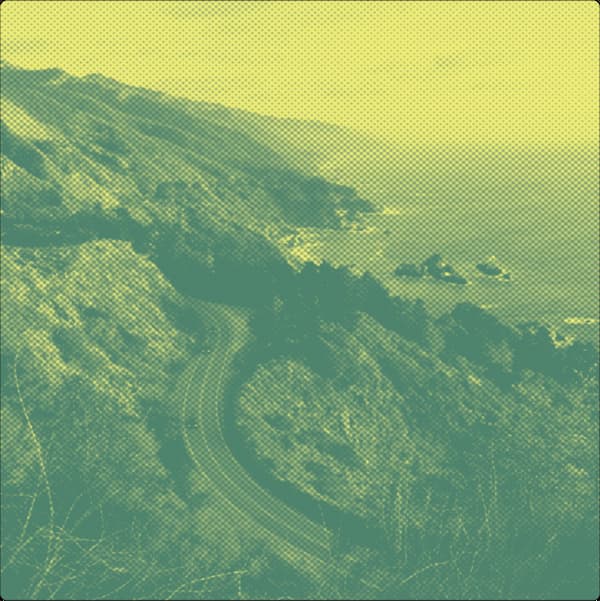Explore the Festival
Sequioa Symphony Orchestra
Founded in 1959, the mission of the Sequoia Symphony Orchestra is to foster an appreciation of symphonic music and to enrich and inspire the diverse communities of the Central Valley through the transformative power of live music, education and community partnerships.
*Programming and artists subject to change, please refer to the participating organization’s calendar listing for the most up-to-date program.
Events
California Festival
Many of our best-selling programs highlight one specific instrument: the piano. It seems that composers wrote some of their most inspired music for the piano with orchestral accompaniment. Come hear two of the best examples: Rachmaninoff’s “Rhapsody” was made even more famous after it was used extensively in the film “Somewhere in Time” and Gershwin’s famous Rhapsody in Blue got a sequel: his Second Rhapsody. Don’t miss a chance to hear not one but TWO concerts in one concert.
Piece(s)/Composer(s)
CATARATAS DE IGUAZÚ: MARAVILLA DEL MUNDO NATURAL (WORLD PREMIERE)
Nicolás H. REPETTO
VARIATIONS ON A THEME BY PAGANINI
Sergei RACHMANINOFF
2ND RHAPSODY
George GERSHWIN
Program Notes
The first piece is written by the Los Angeles-based Argentinian composer Noclas Repetto, who visited Iguazu Falls in South America and was inspired to write a short work “Las Escenas del Iguazu.” After playing the 2nd performance of this work, I thought it warranted a commission for Nick to expand this work into a slightly longer, more ambitious setting of his outstanding musical ideas and colors. Our performance will be the world premiere of this expanded/new work.
Rachmaninoff moved to Los Angeles in 1942. Although written about 10 years earlier, his Paganini Variations is one of his most famous and enduring works.
Gershwin composed his 2nd Rhapsody while in Hollywood intended for the film Delicious in 1930. The film included a sequence where the main character wanders the streets of New York City and Gershwin wrote an extended musical work for piano and orchestra called “Manhattan Rhapsody” then “New York Rhapsody” and, eventually “Rhapsody in Rivets.” After returning to New York, he completed the orchestration and was very proud of the finished product, calling it “the finest composition” he had completed.
For the film’s final version, the music was cut to just seven minutes, eliminating nearly twice that many minutes of Gershwin’s music. The original published version included approximately 15 minutes of music, but our performance will be one of the first performances of the new critical edition of the complete original work as prepared bu the University of Michigan’s Gershwin Initiative.
Media

